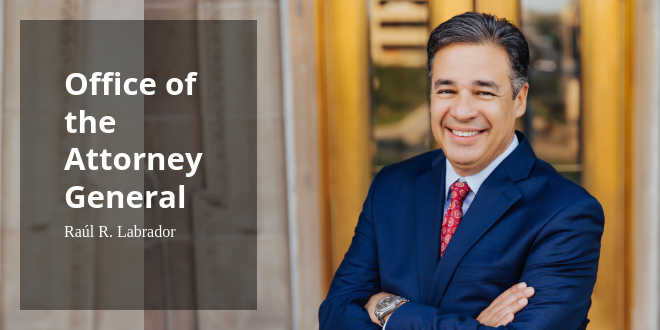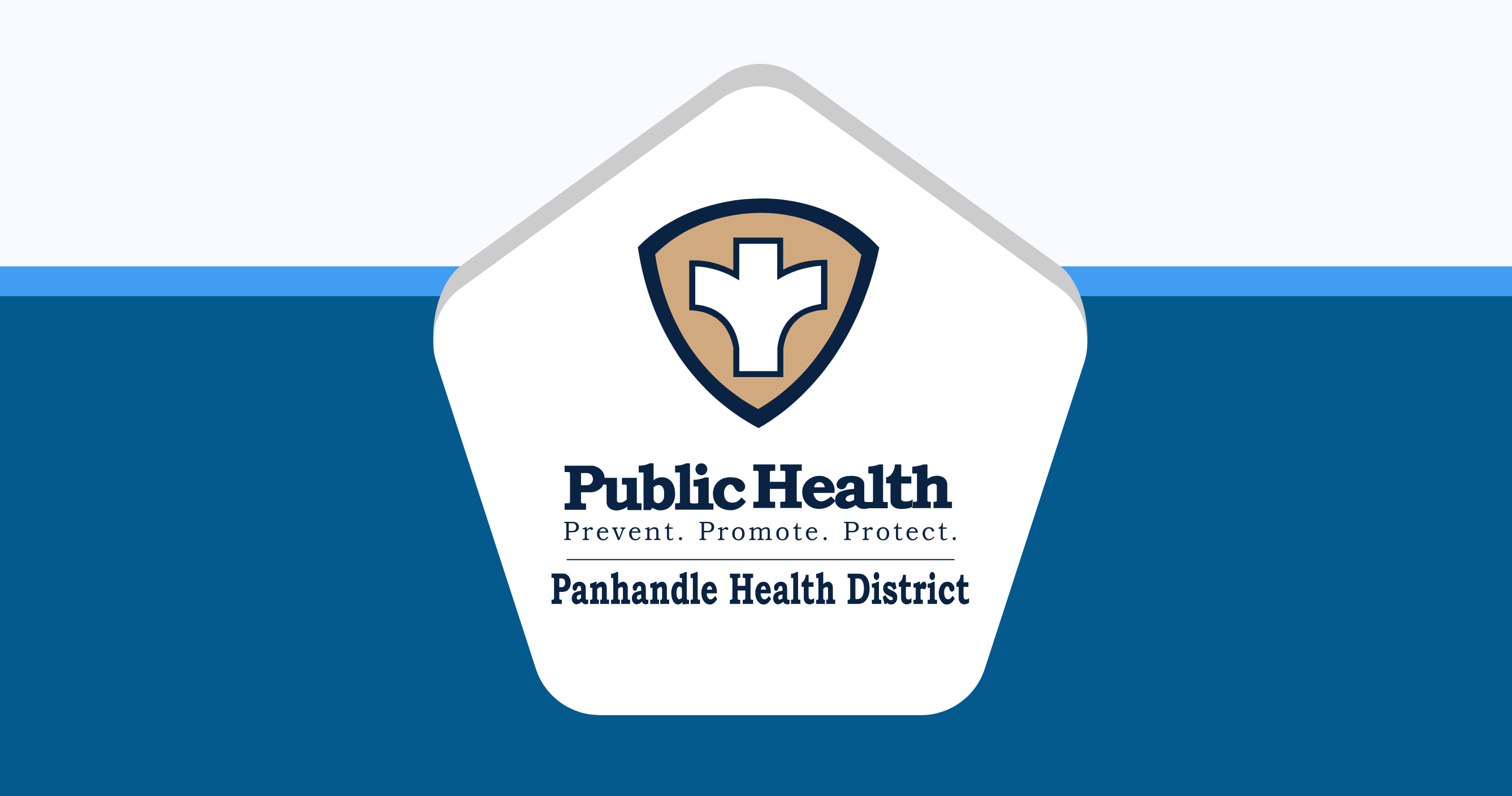COEUR d’ALENE, Idaho – The newest member of the county’s board of commissioners has organized quarterly town halls, the first of which took place the evening of April 30, where citizens can have an open dialogue with all three commissioners. According to Commissioner Bruce Mattare, “I put these together for a reason … I want you to be able to approach your county commissioners and ask questions.” Mattare said the topics discussed can be about almost anything related to the job, which includes procedures, policies, specific votes, taxes, and how the county operates.
Only Mattare was present at the April 30 town hall, which lasted over an hour and a half, due to scheduling conflicts with the other two commissioners. However, the purpose of the quarterly town halls is to have as many of the commissioners as possible converse directly with citizens on a regular basis. “Part of the reason to ask questions of all the commissioners, is because oftentimes … people ask commissioners questions at events and those commissioners can say pretty much whatever … and there is not another commissioner there who can attest to that being the case,” stated Mattare in an opening statement. He said that this practice has allowed commissioners to make statements without providing all of the information.
So what do county commissioners actually do? “The board of county commissioners (BOCC) primary function is to set the vision for the budget,” said Mattare. “And then make sure that we see that vision come true.” To set this budget, the board has to work with all the other elected county officials – the clerk, the sheriff, the assessor, the coroner, the prosecutor, and the treasurer.
Additionally, the BOCC has 14 departments that report directly to the board itself – the airport, BOCC administration, adult misdemeanor probation, grant compliance, juvenile detention, juvenile probation, public defender, building and grounds, solid waste, information technology, parks and waterways, community development, reprographics, and veteran services. The three commissioners divide up the work by designating one of them as a liaison to a specific department, thus working directly with the department director.
On top of those departments, there are advisory boards which hold hearings and make recommendations to the BOCC – planning and zoning, historic preservation, aquifer protection, community gardens, noxious weeds, the fair board, snowmobile, waterways, and natural resources.
The BOCC also has liaison arrangements with outside entities, which include the University of Idaho, the Chamber of Commerce, and Jobs Plus. Mattare mentioned that Jobs Plus, a branch of the Coeur d’Alene Area Economic Development Corp, has named this area a “tech zone” and now the federal government will start giving incentives to tech businesses to move here.
The board of equalization is another function of the BOCC. “This is one of the functions the BOCC performs to make sure your property is correctly valued among all the other properties in the county” stated Mattare. He explained that property taxes are limited by the amount the county can increase the budget, and that the levy increase cannot exceed 3 percent in any given year. This means that while property values may increase, it will not necessarily correlate to a direct increase in property taxes. If the amount of growth exceeds the amount the county budget can increase, then the additional properties that are now paying into the budget will potentially lower your property taxes even when your assessed value rises.
“Revenues generated from property taxes only equal about 50 percent of our budget,” said Mattare. The other half of the budget is funded by sales tax, liquor taxes, grants, and fees. The FY2024 budget was set at roughly $110 million for operations, which does not include solid waste whose budget is around $30 million and has its own levy.
Two-thirds of the county budget goes to fund public safety. “Public safety is one of the most expensive functions within county government,” stated Mattare. “Many of these functions are state mandated – primarily the jail, the prosecutor’s office, and the courts.” Because the state mandates certain functions that must be funded at the county level, the BOCC is allowed to charge fees to cover the cost of services. “If we charge a fee that’s below the cost [of the service provided], your property taxes are subsidizing that department.”
“I don’t believe that homeowners should be subsidizing departments that fees should be paying for,” asserted Mattare when explaining why he supported increasing the building permit fee. The community development department, which issues the building permits, had been almost $1,000,000 short prior to the fee increase.
There is myriad of other tasks the BOCC administrates to keep the county government functioning smoothly, including ongoing communication with state legislators. The next quarterly BOCC town hall will be announced soon and citizens are encouraged to attend, ask questions, and gain knowledge about how county government works.







